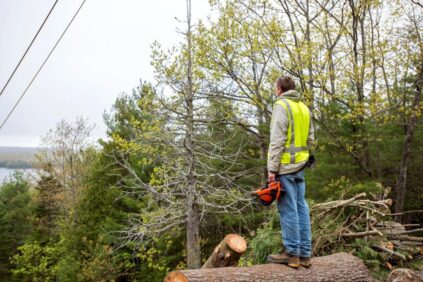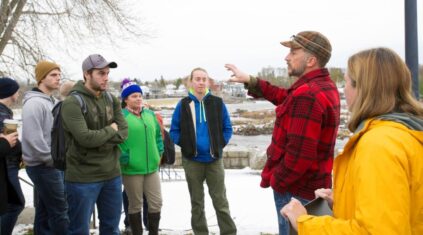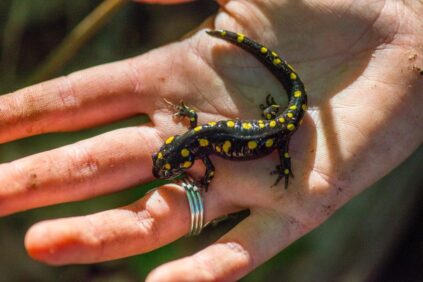Specialization in Conservation Science
The specialization in conservation science is a valuable complement to many graduate degrees (MS, MA, or PhD). The coursework emphasizes transdisciplinary research and the integration of biophysical and social sciences as well as collaboration, active learning, and professional development while providing opportunities to interact with a variety of organizations and practicing professionals in conservation-related fields (see our list of Conservation Partners).
To earn a specialization in conservation science, you must:
- Be enrolled in a master’s or doctoral program
- Have graduate advisory committee members from at least 2 units
- Complete a declaration of specialization form
- Pass 6 required courses (listed below), including completion of an internship
The specialization is not linked to any particular department; hence, the above requirements are in addition to any requirements imposed by your major academic department, faculty advisor, and/or graduate committee as well as all general Graduate School requirements.
Required courses (13-14 credits)
- EES 590 Special Topics in EES—Resilience Theory and Practice (2 cr)
- EES 598 Special Seminar in EES—Transdisciplinary Research Seminar 1 (2 cr)
- EES 598 Special Seminar in EES—Transdisciplinary Research Seminar 2 (2 cr)
- EES 595 Professional Experience in Ecology & Environmental Science (2 cr) or CMJ 695 Internship (2 cr)
- EES 598 Special Seminar in EES— Communication and Facilitation for Effective and Inclusive Conservation Efforts (2 cr) or communication substitution
- One analytic elective
Internship
EES 595 (or CMJ 695) involves the completion of an internship project, which you will develop collaboratively in conjunction with your faculty advisor and host organization. The nature of these projects varies based on student interests, desired skills, and career goals as well as the needs of the host. Projects may be virtual, in person, or both and can be spread over multiple semesters, again depending on the needs of the student and host.
Students receiving funding from the NRT program must be hosted by a Conservation Partner organization during the internship. For other students, working with Conservation Partners is highly encouraged but not required.



